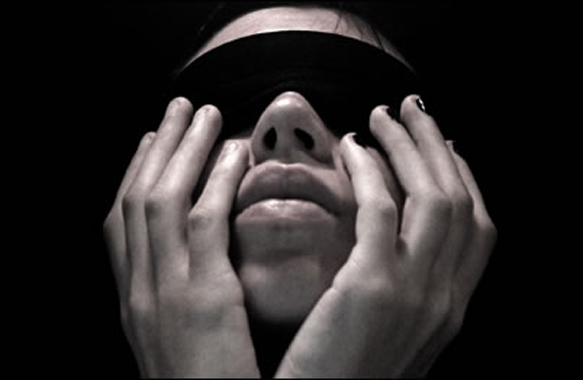By Black&Smart, AKAdemic | Originally Published at Black&Smart July 14, 2014
There have been those times when my White brothers and sisters have suggested that my perspective couldn’t possibly be right because some other Black people didn’t hold that same view. The idea that Black people have to have a single unified view on some perspective is fairly pervasive. Part of this belief about unanimous opinion may come from the fact that many times we are undifferentiated in the treatment we receive. Regardless of class, regional and generational differences we can all be subjected to the same hurtful racism.
One of the places where we are accused on group think is around politics. Since the major party affiliation of African Americans is the Democratic Party we hear people intimate that we cannot think for ourselves. Those same people forget that we used to overwhelmingly be members of the Republican Party. Yes, when it was the party of Lincoln we had good reason to affiliate with it. Segregation and Jim Crow was a hallmark of the Democrats (aka Dixiecrats). We could not get into trade unions that northern Democrats controlled. We switched parties when FDR presented the New Deal. Like other people we vote our self-interests, not our race!
People presume group-think among Black people when they ask one of us to speak for all of us. I can recall numerous times when a White person has asked me a question that begins, “Well what do Black people think about…?” to questions concerning OJ Simpson, President Obama, school choice, Michael Jackson, and any number of issues. I have learned to respond to that question with, “I don’t know, what do White people think about that?” That response always draws that weird look when the questioner realizes how ridiculous it is to ask one person to speak for every member of a group that makes up almost 14 percent of the nation.
The other aspect of group-think we confront is being “checked” by referencing another Black person. I recall being in an academic discussion and expressing my opinion only to have a White colleague say, “Well, Professor So-and-So (who is also Black) doesn’t believe that…” I slowly gathered myself, turned to the colleague and replied, “And?” She was so confused by my response because her comment was designed to silence me and it didn’t work.
I have Black friends and family members who would never dream of putting a piece of “soul food” in their mouth. I have Black friends who think of a night at the symphony as a relaxing way to entertain themselves and others. I have Black friends who hate Tyler Perry movies. Believe it or not we don’t all like Oprah! Having grown up in a large, northern city I have some distinctly different perspectives and sensibilities than some of my friends and colleagues from the South, the West Coast, or the Midwest where I currently live.
Anyone who doubts the diversity of Black thought should wander into a busy Black barbershop or beauty salon. They are training grounds for lively debate and although filmmakers have made these venues into parodies, there is some truth to the idea that people come into these spaces with strong (and often opposing) opinions. Unfortunately media love to pick the “one and only.” The one comedian, the one politician, the one scholar. White America loves to anoint one Black person whose job it is to speak for all of us.
The diversity of Black life and culture is what makes it vibrant and alive. Thinking of us as a monolith is what disadvantages our children in school classrooms. Teachers with preconceived notions of who they are and what they are (in)capable of doing results in lowered expectations and lowered outcomes. Do you have a story of being forced into the monolith? Come share it with us.
Stay Black and Smart!
AKAdemic, @gjladson is Kellner Family Chair of Urban Education, University of Wisconsin-Madison












Leave A Comment